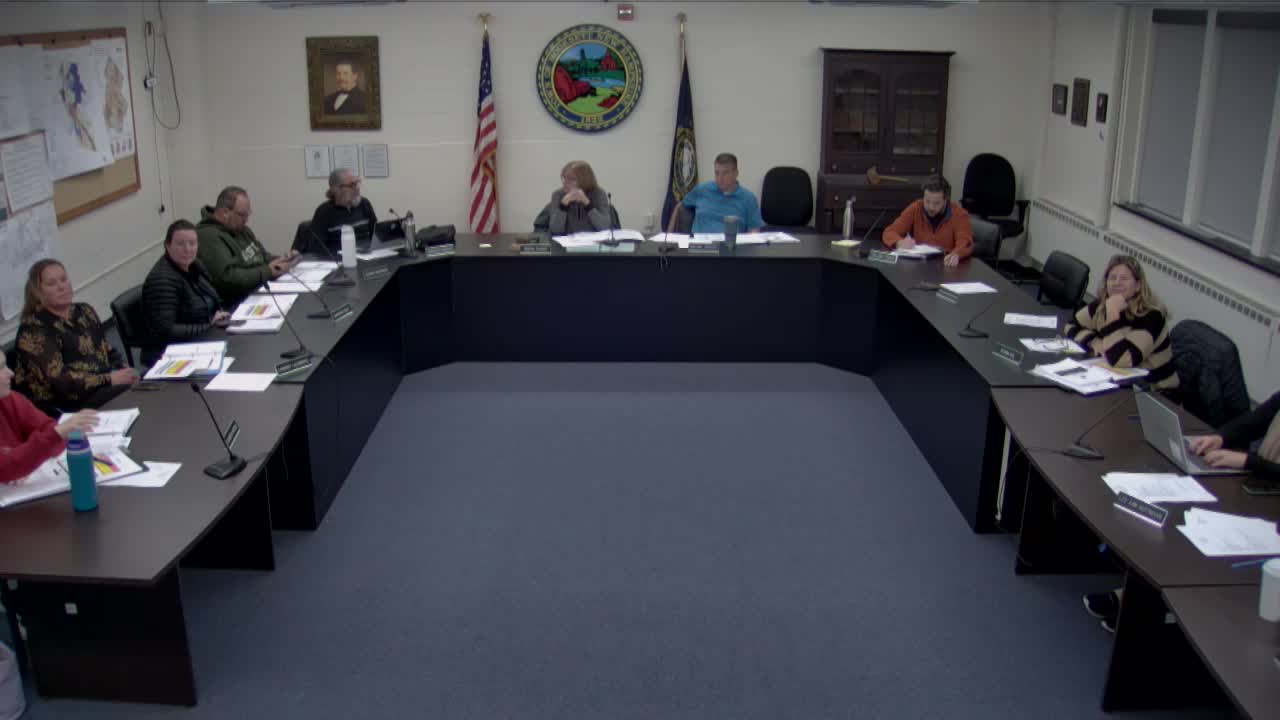Hooksett committee debates grouping warrant articles to shrink ballot; members split on voter clarity vs. ballot length
Get AI-powered insights, summaries, and transcripts
Subscribe
Summary
Town staff proposed grouping similar capital reserve warrant articles to reduce the ballot length; committee members split over whether grouping improves voter experience or removes useful line‑item choices.
Town staff and budget committee members spent the longest portion of the meeting debating whether to group some capital reserve warrant articles for the upcoming town meeting.
Staff described the proposal to group like‑minded capital reserve items (for example, a "first responder capital" grouping covering police, fire and highway equipment) so the ballot would contain fewer warrant articles. Management said other communities have used groupings and that Hooksett could reduce the number of articles from roughly 22 to about 14 by combining similar capital reserve items.
Supporters, including some committee members, said grouping could reduce ballot size, printing costs and voter fatigue. One committee member noted large ballots last year increased printing costs by "thousands of dollars" and that many voters said the ballot was overwhelming.
Opponents argued grouping can appear to force an all‑or‑nothing vote: voters who support some items and oppose others would lose the ability to use the line‑item approach. "If you group them, it's all or nothing," a member said, warning it could prompt voters to reject a grouped item because of one disliked component. Several members urged care: do not group items historically opposed or those with separate histories (for example, revaluation or GIS projects were flagged as not to be grouped).
Committee members recommended public outreach and transparency: put the issue on the Nov. 4 "Town 101" forum agenda, highlight no‑tax‑impact items, and consider ordering warrant articles so lower‑impact items appear earlier or are grouped differently. Staff said the council will decide the final warrant language but asked for the committee's input ahead of public forums.
The committee did not take a formal vote on grouping; members asked staff to present grouping options and to educate voters about the proposal at the upcoming forum.
